A recent meeting of the Portfolio Committee on Defence and Military Veterans (DMV) revealed that of the R51.8 billion ($2.9 b) budget allocated by the national treasury, 60 percent is paid towards salaries, despite the South African National Defence Force (SANDF) being unable to afford an estimated 62 percent of its critical obligations—with specific reference made to the SANDF's deployment to the Democratic Republic of the Congo (DRC).
Democratic Alliance MP and spokesperson on defence and military veterans, Chris Hattingh, stated at the sidelines of the meeting that, "One thing is clear, without urgent intervention, South Africa will be defenceless."
What You Need to Know
In a statement released yesterday, the Democratic Alliance (DA) outlined the concerning situation the SANDF finds itself in.
Referencing the fact that 60 percent of the SANDF's budget is allocated towards salaries, the DA noted that, "Shockingly, this does not primarily benefit our soldiers but instead goes to high-ranking officials."
Adding that the critical mismanagement of funds has undercut the force's ability.
"The Department of Defence (DoD) has mismanaged its resources, as evidenced by R3.4 billion in unauthorised expenditure. This money, earmarked by Parliament for important programmes, was used to fund the Department’s bloated cost of employees. In addition, the DoD incurred R338 million in irregular expenditure, contributing to a pattern of financial mismanagement.
The Auditor General’s qualified audit of the DoD further reflects their inability to maintain accurate financial records. Equally concerning is the state of Denel, a key defence entity, which has received disclaimer audits—the worst possible outcome—since 2019/20. Treasury has expressed that they cannot both fund SANDF’s growing needs and trust the department’s financial management practices."
Moreover, despite R53.7 and R56.2 billion budgeted for SANDF for the 2025-26 and 2026-27 periods, adjusted for inflation, the budgets represent an actual reduction in funds.
Exacerbating the state's defence woes is the SANDF's inability to pay pensions to veterans, as outlined by the DA.
"The Department's inability to maintain a secure, functional database for pension payments to veterans is inexcusable. The Auditor General could not even audit the system, as it is currently unworkable."
In regards to the SANDF's current deployment to the DRC, with 10 soldiers killed, including two in a murder suicide, the force has struggled with a lack of equipment, resources, and manpower.
The Southern African Development Community (SADC) Mission in the Democratic Republic of the Congo (SAMIDRC) utilizes forces from Malawi, Tanzania, and South Africa in conjunction with elements of the Congo-Brazzaville and Congo-Kinshasa Armed Forces. The mission, led by South Africa's Major General Monwabisi Dyakopu, remains in accordance with a 2003 SADC Mutual Defence Pact, which states, 'Any armed attack perpetrated against one of the state's parties shall be considered a threat to regional peace and security and shall be met with immediate collective action."
Tasked with reducing the threat posed by the various armed rebel groups operating in the eastern DRC, the force has struggled with the expansive jungle terrain in the area, with the SANDF holding just one operational C-130 transport aircraft and a handful of helicopters to cover all domestic and international missions.
Furthermore, increasing deployments both domestically and internationally without a steady influx of recruits has caused the reserve force to become increasingly relied upon to augment the SANDF ranks. Currently, the average age of a SANDF reservist is 46 years old.



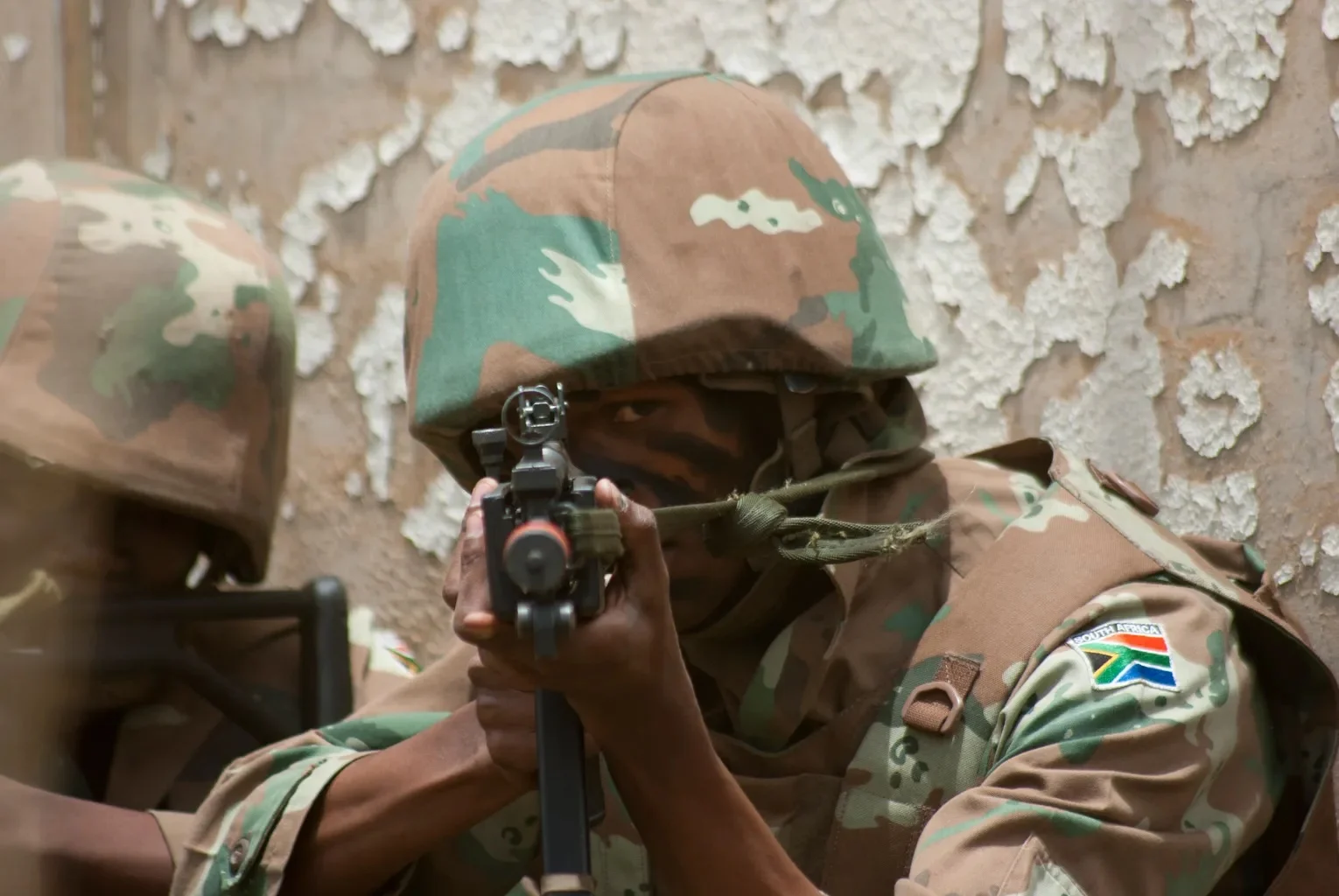
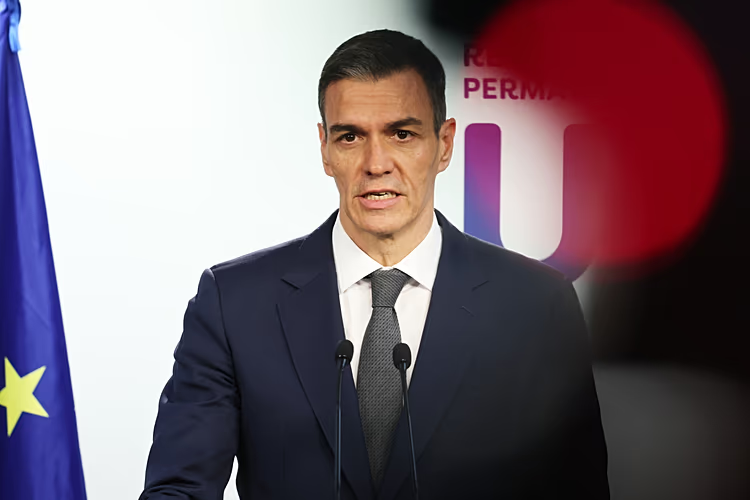

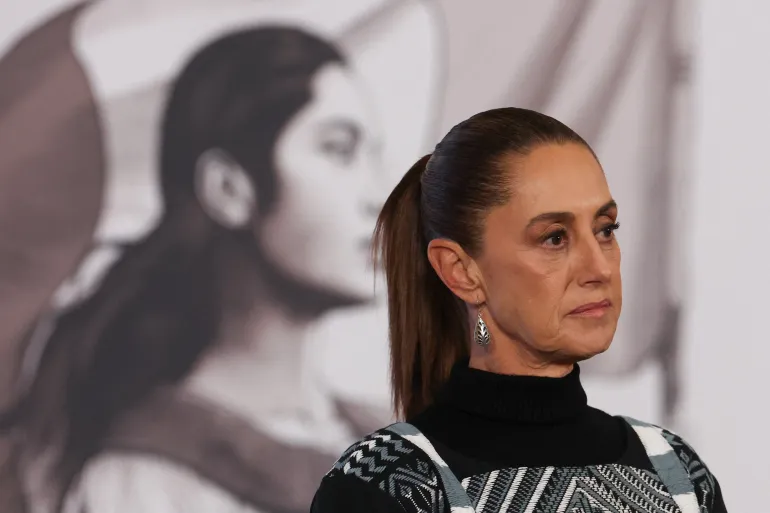
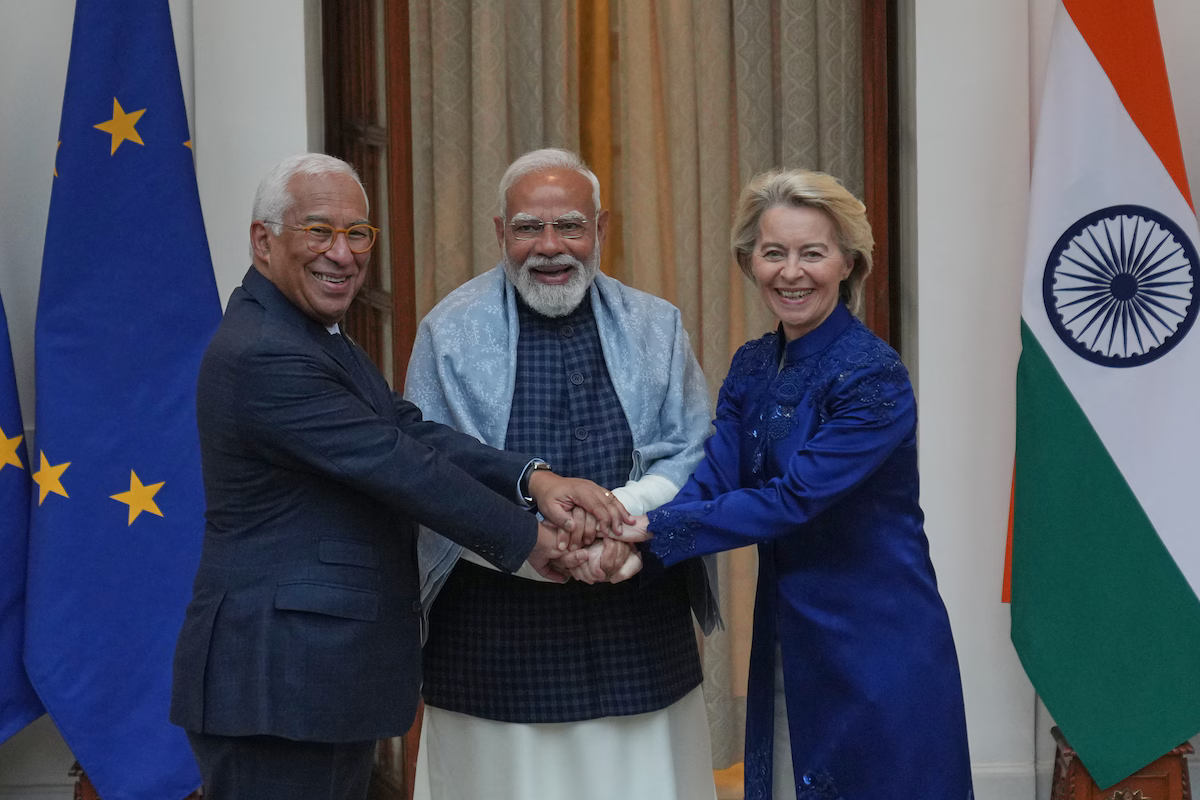

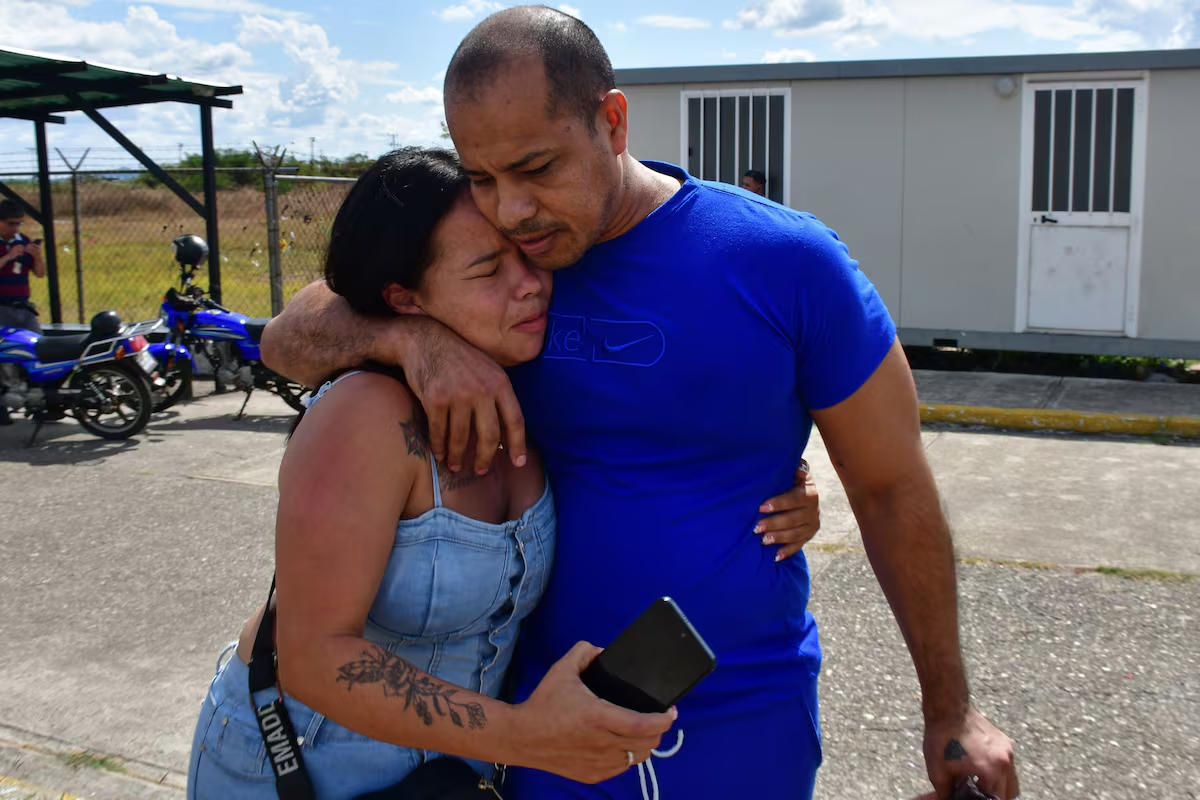
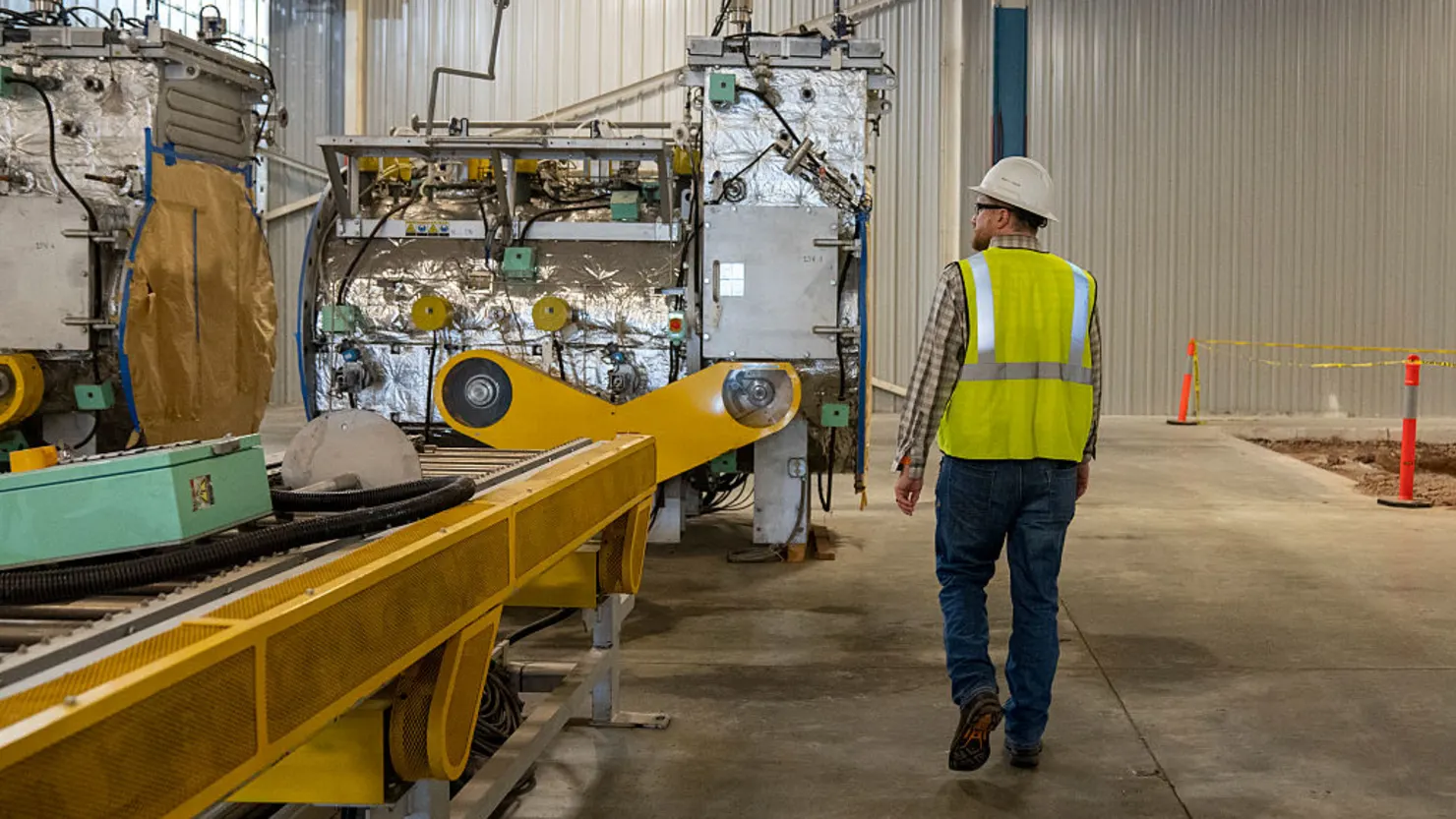
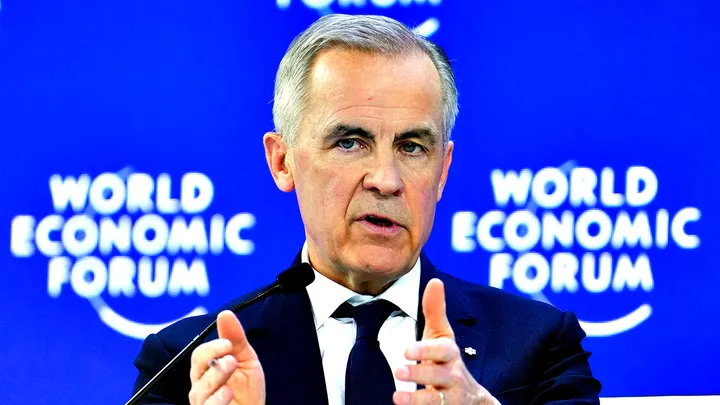
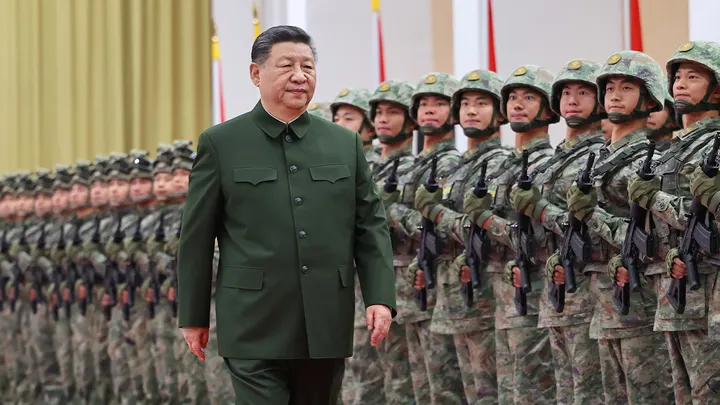
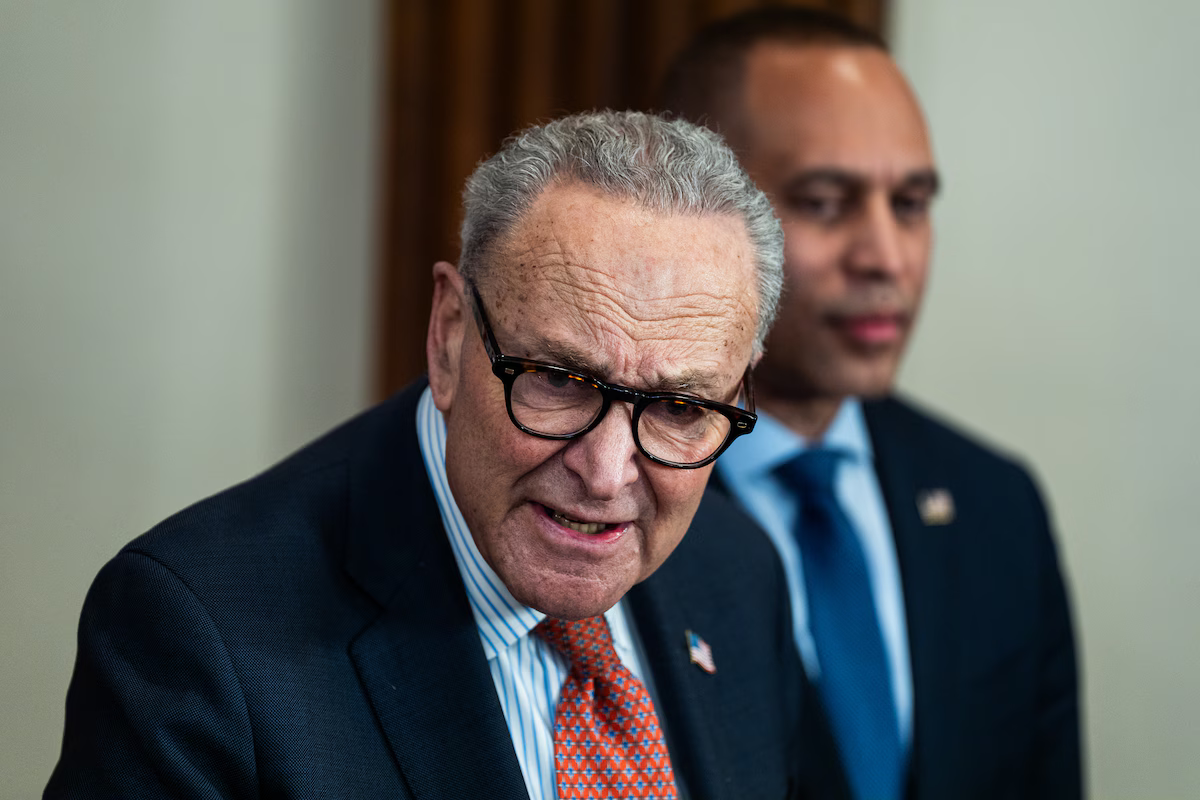
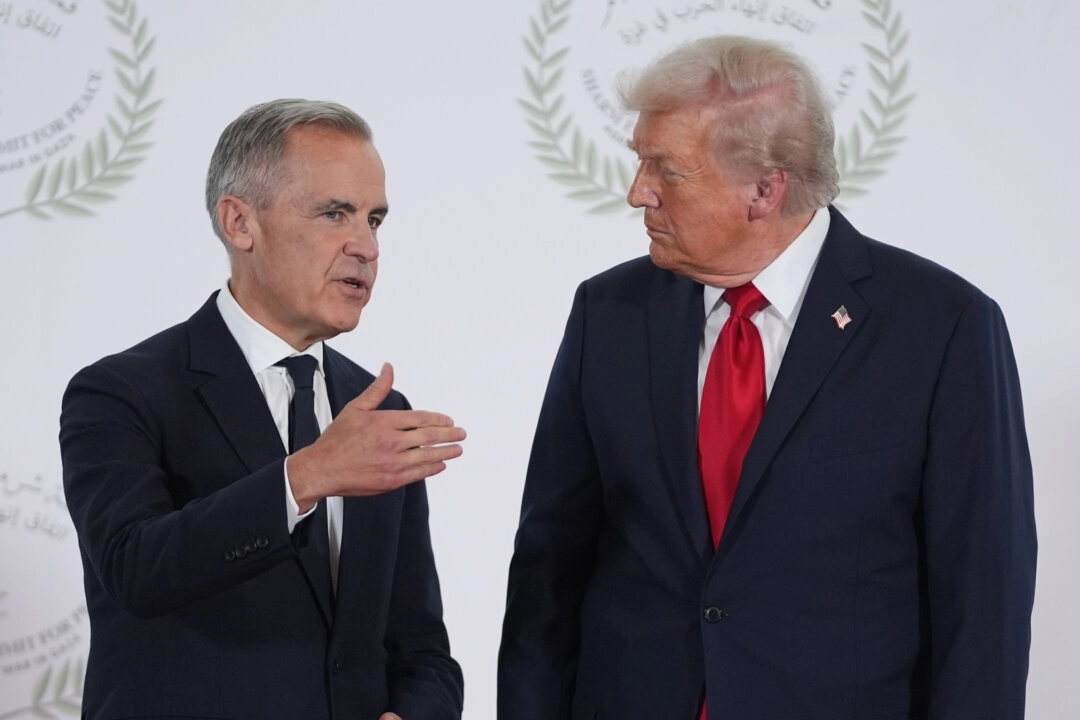
Discussion